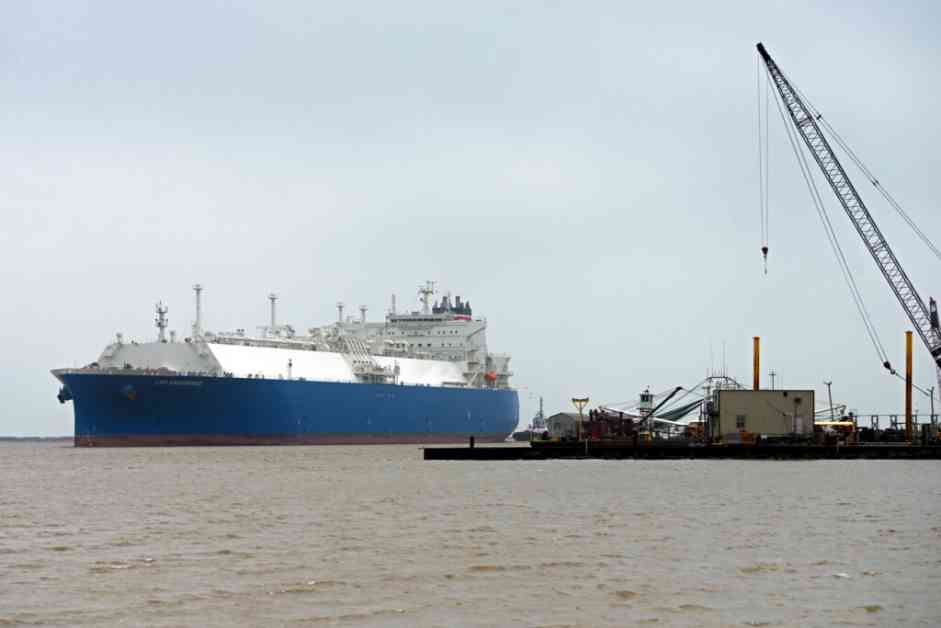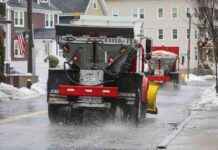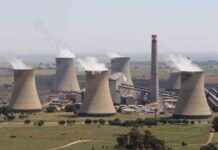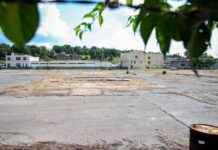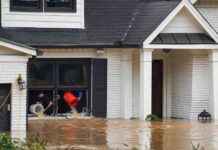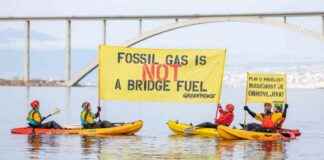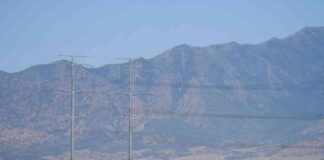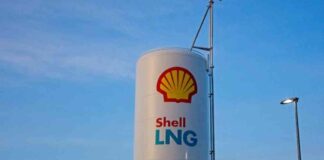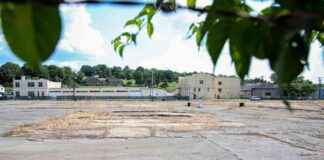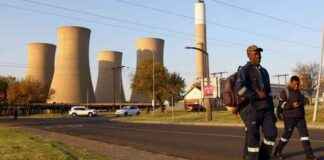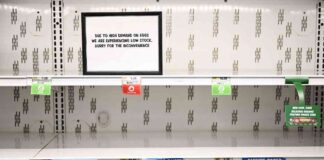The global insurance giant Chubb used to provide property insurance for a disputed liquefied natural gas export project in southwest Louisiana, but not anymore, according to documents obtained by the Rainforest Action Network and shared with Inside Climate News.
What’s the story here? Chubb has decided to pull out of insuring the Calcasieu Pass project, owned by LNG company Venture Global. The project has faced opposition from residents in Cameron Parish due to concerns about pollution, health risks, and climate damage in an area at the forefront of the nation’s LNG expansion.
Why did Chubb make this decision? Well, it seems that grassroots and international groups have been pressuring Chubb and other insurers to drop projects like CP that they believe are harmful to the environment and human health. Through a public records request, RAN obtained a certificate of insurance that showed Chubb’s subsidiary ACE American Insurance Co. as one of the companies providing property insurance to the project last year. But in this year’s certificate of insurance, ACE was nowhere to be found.
So, what does Venture Global have to say about all this? They confirmed that Chubb used to insure CP but decided not to renew the coverage policy after it expired in 2024. Venture Global mentioned that Chubb is still involved in other projects across Louisiana. A spokesperson from Venture Global emphasized that their operations are supported by various insurers, including Chubb and its subsidiaries.
But hold on a second, why did Chubb decide to stop insuring the project? Well, it’s a bit unclear. Chubb did not respond to requests for comment, and the certificate of insurance doesn’t offer any insight into the reasons for the change. However, in 2023, Chubb implemented new standards for methane emissions from oil and gas clients, and updated its corporate climate underwriting criteria in March. Methane is a potent greenhouse gas, and it leaks from various sources in the natural gas industry.
In its 2024 sustainability report, Chubb mentioned engaging with clients on the new oil and gas underwriting criteria. Some clients declined to provide necessary information or rejected the coverage terms offered by Chubb, opting for coverage elsewhere. This move by Chubb is seen as a positive sign by activists pressuring insurers to stop supporting fossil fuel projects that contribute to the climate crisis.
In Southwest Louisiana, where residents are already grappling with pollution from new LNG facilities and increasing climate disasters, the decision by Chubb to stop insuring the CP project is seen as a step in the right direction. However, concerns remain about the impact of LNG exports on the environment, public health, and climate change. Residents and activists are calling for more action to address the risks posed by these projects.
As the world’s largest exporter of LNG, the U.S. is expected to double its export capacity in the next few years. This growth in the LNG industry raises questions about the environmental and health impacts of these projects, particularly in communities already burdened by pollution and climate disasters. Activists are urging insurers like Chubb to reconsider their support for projects that contribute to the climate crisis and put communities at risk.
The decision by Chubb to stop insuring the Calcasieu Pass project is a small victory for those fighting against the expansion of LNG facilities in Louisiana. However, the larger battle to address the environmental and health risks associated with these projects continues. It remains to be seen how other insurers will respond to pressure from activists and communities impacted by the LNG industry.

